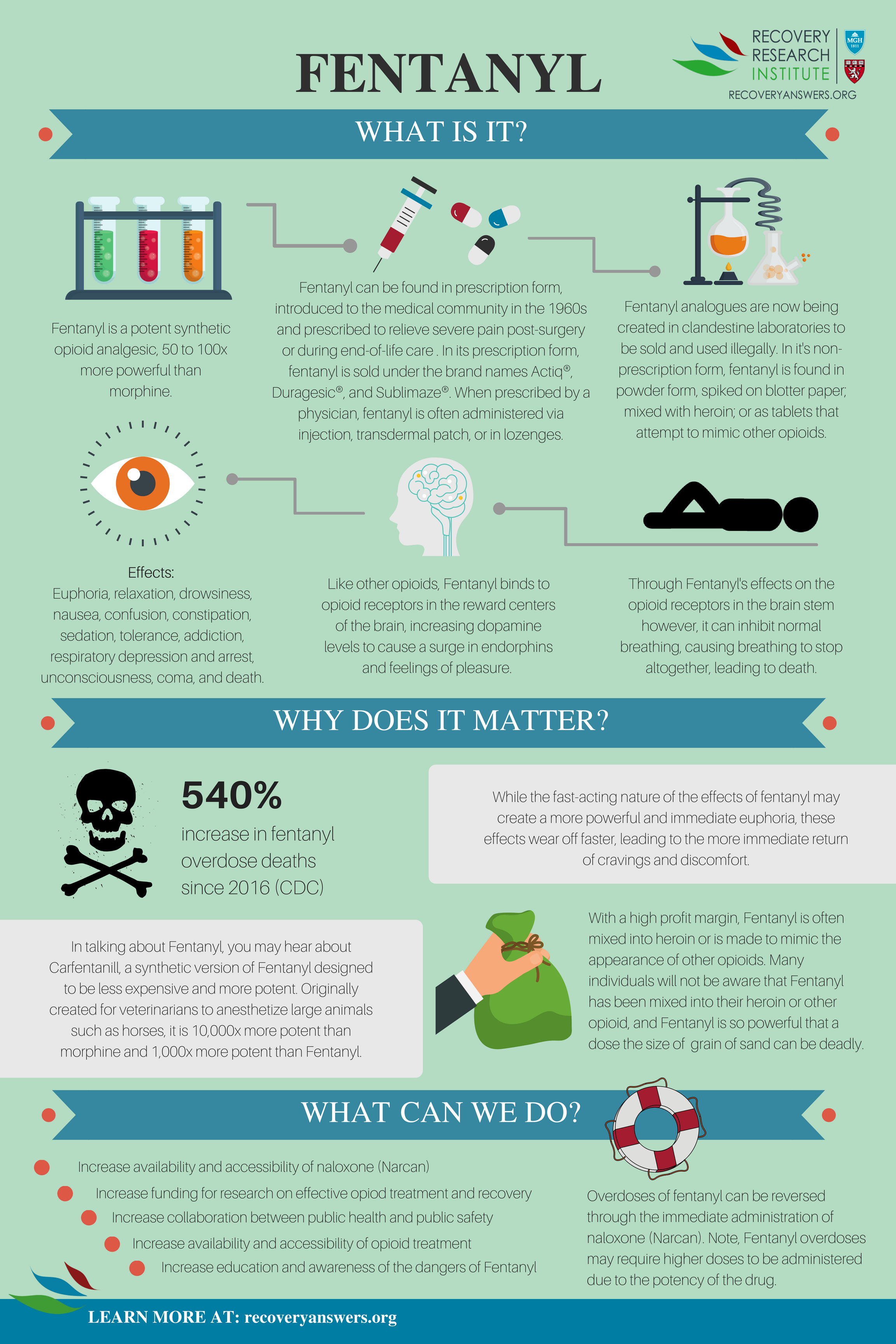Recognizing The Scientific Research Behind Drug Addiction Therapy
Recognizing The Scientific Research Behind Drug Addiction Therapy
Blog Article
Staff Writer-Brandon Johnsen
Envision Drug addiction therapy as an intricate challenge, with each piece representing a different facet of the clinical approach to combating drug abuse.
From the complex operations of the brain to the impact of environmental elements, the scientific research behind dependency therapy introduces a multidimensional viewpoint that guides effective treatments.
Understanding exactly how https://www.columbian.com/news/2021/dec/21/clark-county-addiction-counselors-report-startling-rise-in-fentanyl-patients/ , psychological, and social elements link in the therapy procedure can supply very useful insights right into cultivating long-term recovery.
By untangling the science behind Drug addiction therapy, you will get a deeper appreciation for the extensive methods employed in resolving this prevalent issue.
Biological Consider Addiction Treatment
When dealing with biological factors in dependency treatment, it's important to understand exactly how the body's chemistry affects the performance of interventions. The means compounds engage with your brain's neurotransmitters plays a considerable function in addiction advancement. As an example, medicines can pirate the brain's reward system, leading to desires and uncontrollable drug-seeking habits. Recognizing these chemical processes helps in customizing therapy strategies like medication-assisted treatment to target details natural chemical inequalities.
In addition, genetic variables can additionally affect exactly how your body reacts to certain materials, influencing your vulnerability to addiction. By taking into consideration these organic elements, healthcare experts can personalize therapy strategies that deal with the one-of-a-kind demands of people fighting dependency, inevitably boosting the opportunities of successful healing.
Emotional Treatments for Addiction
Recognizing the psychological treatments for dependency is crucial in matching the organic aspects attended to in therapy strategies. Here are three vital mental interventions that play an essential duty in addiction treatment:
1. ** Cognitive-Behavioral Therapy (CBT): ** This therapy aids you recognize and transform unfavorable idea patterns and actions connected with chemical abuse.
2. ** Motivational Interviewing (MI): ** MI is a counseling strategy that helps you discover the interior motivation to alter addicting behaviors.
3. ** Mindfulness-Based Treatments: ** These techniques concentrate on enhancing your awareness of desires and activates without judgment, helping you handle them efficiently.
These mental interventions function hand in hand with biological treatments to supply a thorough approach to dependency recuperation.
Social Assistance and Recuperation in Addiction
Social support plays an important role in addiction healing, giving people with the necessary inspiration and aid to navigate the difficulties of overcoming chemical abuse. Having a solid support system can significantly enhance the possibility of effective healing from addiction. Buddies, member of the family, support system, and therapists all add to developing a network of assistance that can help you stay motivated and focused on your journey to soberness.
Social links can provide understanding, compassion, and functional help throughout difficult times, acting as a resource of stamina and assistance. By surrounding on your own with favorable and encouraging people who rely on your capability to recoup, you can improve your strength and commitment to staying substance-free.
Final thought
So, you've found out about the scientific research behind Drug dependency treatment. By recognizing the organic, mental, and social factors at play, you can see just how detailed treatment is vital for recovery.
Bear in mind, addiction is a monster that can be subjugated with the right tools and support. Keep fighting learn here , because you're stronger than any kind of challenge in your method.
